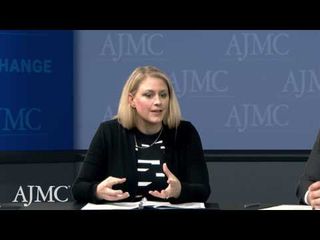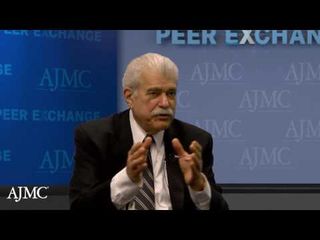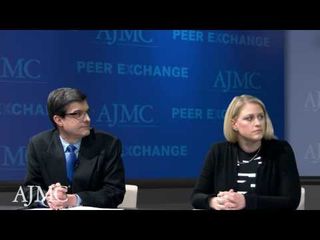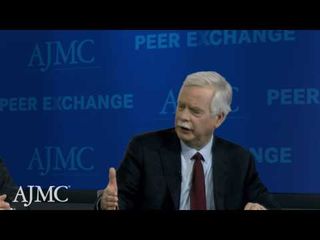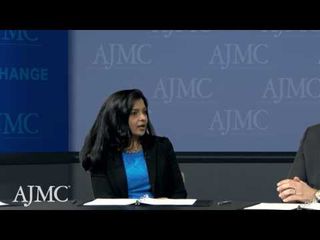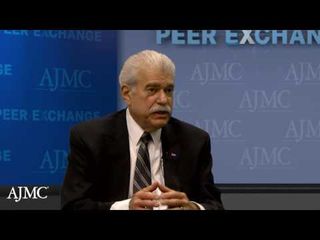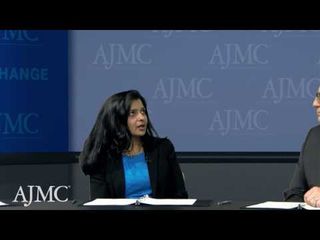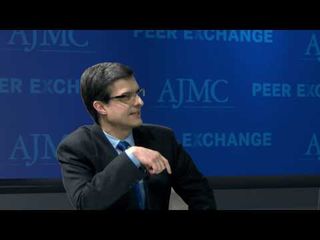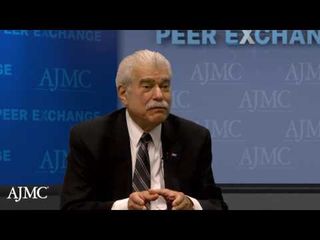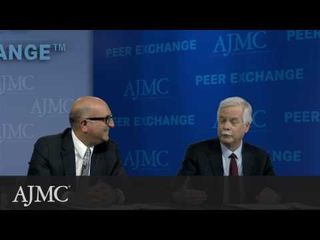
Oncology
Latest News
Latest Videos

More News

Managing heavily pretreated, often less fit, patients with relapsed/refractory multiple myeloma is a challenge in routine practice, as illustrated by the fact progression-free survival remains short, although daratumumab-based combination therapies are proven effective, according to results presented during a poster session at the 2017 American Society of Clinical Oncology Annual Meeting.

A phase 1 study, presented at the 2017 Annual Meeting of the American Society of Clinical Oncology, found that using daratumumab, an antibody that binds and inhibits the CD38 receptor, can improve patient response to treatment.

Updated trial results at the 2017 Annual Meeting of the American Society of Clinical Oncology showed the combinations of daratumumab with either lenalidomide and dexamethasone or bortezomib and dexamethasone prolonged progression-free survival for patients with relapsed refractory multiple myeloma.

A new blood biomarker demonstrates its ability to detect pancreatic cancer earlier, which can lead to better treatment and outcomes, according to a study published in Science Translational Medicine.

A new study examines the impact that a pharmaceutical’s designation as an orphan drug can have on its manufacturer’s stock prices, and finds that the largest returns were for oncology drugs.

The comittee voted 17-0 in favor of the Amgen/Allergan bevacizumab biosimilar candidate, ABP 215, and 16-0 in favor of Mylan’s trastuzumab biosimilar candidate, MYL-1401O.

The Community Oncology Alliance (COA) is forging ahead with its COA Patient Advocacy Network (CPAN), says Rose Gerber, director of patient advocacy for COA. The network’s major focuses include increasing its presence and making it easier for community practices to get involved.

A new draft report from the Institute for Clinical and Economic Review (ICER) evaluates the evidence on the effectiveness and value of 3 drugs used to treat ovarian cancer.

CTL019 was unanimously approved by FDA’s Oncologic Drugs Advisory Committee (ODAC) for the treatment of children and young adults with relapsed or refractory B-cell acute lymphoblastic leukemia.

Blinatumomab is now fully approved as a treatment for relapsed or refractory B-cell precursor acute lymphoblastic leukemia (ALL), following FDA assessment of new trial data on survival outcomes and its use in certain clinical subgroups.

Novartis’ chimeric antigen receptor T-cell (CAR-T) therapy for treating pediatric leukemia is on the cusp of being the first FDA-approved gene therapy, which will lead to new developments and utilizations of CAR-T therapy for treating other advanced blood cancers.

A new study, published by researchers at Massachusetts General Hospital, has questioned the traditional model of cancer metastases that implicates lymph nodes in helping seed cancer cells at distant sites.

A recent analysis of cancer incidence and mortality rates across America finds that while those in rural counties are less likely to get cancer, cancer-related mortality rates are higher than in more populous areas, and this disparity is increasing over time.

Research published by Cancer Management & Research explores the efficacy of treating multiple malignancies with immune checkpoint inhibitors and programmed cell death-1 inhibitors (PD-1). The review specifically analyzes the presence of pneumonitis as an adverse event following treatment of checkpoint inhibitors.

Narrow insurance coverage has forced some patients to choose between lower premium plans and access to better quality cancer care, according to a recent report.

A study published by BloodAdvances, a Journal of the American Society of Hematology, demonstrated the potential of the 2-pronged approach in treating non-Hodgkin lymphoma, multiple myeloma, and acute myeloid leukemia.

The FDA has approved the Praxis Extended RAS Panel for genetic testing in patients with metastatic colorectal cancer (CRC). Detecting certain tumor mutations using the test could have important implications for treatment decisions.
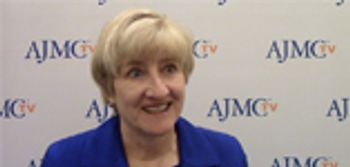
As more practices adopt the COME HOME model, they are adapting it to fit their needs, explained Barbara McAneny, MD, chief medical officer of New Mexico Oncology Hematology Consultants. However, some practices may not have the resources to keep up with data collection requirements while ramping up clinical interventions.

A phase 3 trial in patients with advanced melanoma found that nivolumab (Opdivo) outperformed ipilimumab (Yervoy) in terms of recurrence-free survival.

Advanced radiotherapy treatment, combined with chemotherapy, in small cell lung cancer leads to higher survival rates and lower toxicity, according to a new study.

A collaborative research study, based on survey results gathered by the American Cancer Society, has found a correlation between depressive symptoms in cancer caregivers and a decline in their physical health.

The FDA has approved expanding the use of the DigniCap Cooling System to prevent chemotherapy-associated alopecia for all patients with solid tumors.

As practices adopt the Oncology Care Model, practices should consider how this change will influence the practice and make efforts to continue engaging with the staff during this process, said Basit Chaudhry, MD, PhD, founder of Tuple Health.

New clinical trial research presented at the European Society for Medical Oncology 19th World Congress on Gastrointestinal Cancer suggests that ARMO BioSciences’ immuno-oncology drug, AM0010, is effective in treating patients with advanced pancreatic cancer.

A new liquid biopsy test that uses flow cytometry to detect cancer cells has been FDA approved for chronic leukemia, acute leukemia, non-Hodgkin lymphoma, myeloma, myelodysplastic syndrome, and myeloproliferative neoplasms.
